 A financial crisis—whether triggered by a recession, market downturn, or global event—can shake any business to its core. While focusing solely on cash flow and cost-cutting is tempting, legal protection is just as crucial. You could face lawsuits, penalties, or regulatory issues without proper precautions. Working with experienced attorneys in Orlando, Florida can help ensure you make smart legal moves during uncertain times. Here’s how to legally protect your business during a financial crisis, step by step.
A financial crisis—whether triggered by a recession, market downturn, or global event—can shake any business to its core. While focusing solely on cash flow and cost-cutting is tempting, legal protection is just as crucial. You could face lawsuits, penalties, or regulatory issues without proper precautions. Working with experienced attorneys in Orlando, Florida can help ensure you make smart legal moves during uncertain times. Here’s how to legally protect your business during a financial crisis, step by step.
1. Review All Contracts and Agreements
Start by reviewing your key business contracts—leases, supplier agreements, service contracts, employment agreements, and client contracts. Look for:
- Force majeure clauses: These can sometimes excuse performance during extraordinary events.
- Termination clauses: Understand the notice periods, penalties, or fees for ending contracts early.
- Payment terms: Can you renegotiate to get more favorable terms or payment deferrals?
If cash flow is tight, talk to vendors and partners before you fall behind. Most would rather renegotiate than end a business relationship or pursue legal action.
2. Stay Compliant with Employment Laws
When revenue drops, businesses often consider layoffs, furloughs, or reduced hours. But employment laws still apply—sometimes even more strictly—during a crisis.
Before making any decisions, check:
- Federal and state labor laws include termination notice, severance pay, and unemployment eligibility.
- Employee classification: Avoid reclassifying employees as independent contractors unless it’s legally sound.
It’s a good idea to consult an employment attorney before taking major staffing actions. A lawsuit from a former employee can be costly—and preventable.
3. Protect Your Intellectual Property
Your brand, trademarks, or proprietary work becomes even more valuable in hard times. Protect your intellectual property:
- Register trademarks and copyrights: If you haven’t already, now is the time.
- Secure IP ownership: Confirm that contracts with freelancers or agencies assign IP rights to your business.
- Monitor for infringement: Look for others using your branding or content without permission.
IP disputes can cost thousands to resolve. Proactive protection now can save you big later.
4. Keep Business and Personal Finances Separate
It’s tempting to blend personal and business finances during a crisis to stay afloat. However, doing so can expose you to personal liability.
Make sure you:
- Keep separate bank accounts and records
- Avoid using personal funds to pay business debts (or vice versa)
- Maintain proper corporate formalities—especially if you’re an LLC or corporation
Piercing the corporate veil is a legal risk that could make you personally responsible for business debts or lawsuits.
5. Update Insurance Coverage
Review your business insurance policies with your broker. Some types of coverage may help during a crisis:
- Business interruption insurance might help cover lost income due to specific disruptions, though many policies exclude pandemics.
- General liability insurance: Make sure your coverage is current and adequate.
- Employment practices liability insurance (EPLI): Covers legal claims related to layoffs or discrimination.
If your policy has gaps—or if you’ve made changes to your business—update it accordingly.
6. Document Everything
In a crisis, decisions often need to be made fast. But that doesn’t mean skipping documentation. Keep a clear record of:
- Financial decisions
- Contract changes or renegotiations
- Employee communications
- Board or owner meetings
Well-kept records can help defend against claims and show good-faith effort if you’re ever audited or sued.
7. Consult with a Lawyer Early
Legal advice might feel like a luxury when money’s tight. However, the cost of not getting legal input can be much higher in the long run. A short conversation with a business attorney can help you:
- Understand your legal risks
- Plan layoffs or downsizing correctly
- Renegotiate contracts wisely
- Avoid bankruptcy pitfalls
You don’t need a full-time legal team—just someone you trust to call when decisions carry legal weight.
Legal protection isn’t something you do after a crisis hits. It’s part of surviving one. Taking these steps early can help you avoid costly mistakes and keep your business standing when the economy turns around.
You don’t have to do it all at once. But start with what’s most urgent—contracts, employment decisions, and liability exposure—and build from there.

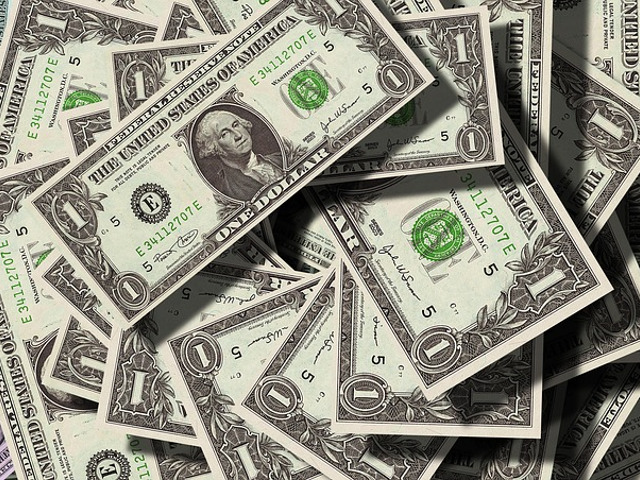

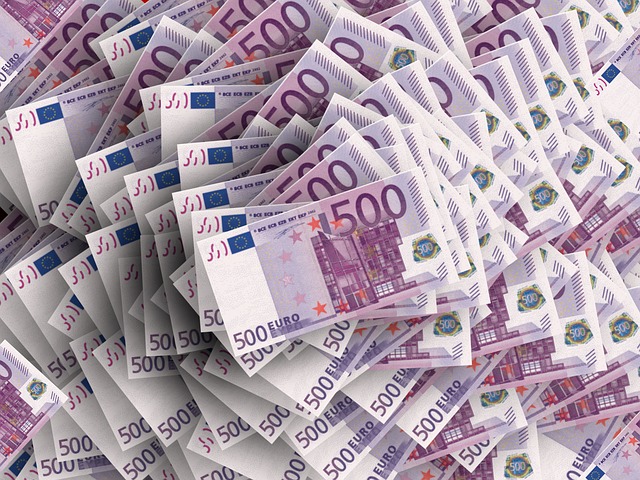

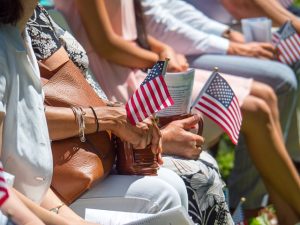 Kamala Harris’ campaign team reported that as of the end July, 2024, “the Brat” raised as much as $310 million to date since Harris entered the US presidential race as a presumptive nominee. On day one of being nominated by Pres. Joe Biden after the latter formally withdrew his candidacy, VP Kamala Harris has garnered record-breaking figures in campaign donations. The overwhelming reactions came from big and small donors, including some who admitted that they are registered Republican voters.
Kamala Harris’ campaign team reported that as of the end July, 2024, “the Brat” raised as much as $310 million to date since Harris entered the US presidential race as a presumptive nominee. On day one of being nominated by Pres. Joe Biden after the latter formally withdrew his candidacy, VP Kamala Harris has garnered record-breaking figures in campaign donations. The overwhelming reactions came from big and small donors, including some who admitted that they are registered Republican voters. A “brat” by Charli XCX’s definition is someone who is quite honest, to the point of being blunt and could be a little volatile as she is an individual inclined to embrace the messiness of life.
A “brat” by Charli XCX’s definition is someone who is quite honest, to the point of being blunt and could be a little volatile as she is an individual inclined to embrace the messiness of life.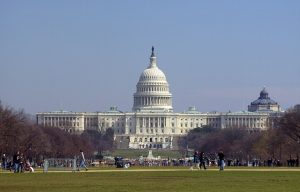 Any time soon, the House of Representatives is poised to vote on the latest
Any time soon, the House of Representatives is poised to vote on the latest  The present rule is that the SALT deduction is capped at $10K for joint-filing and single taxpayers who deduct local property, income and sales tax on their federal return.
The present rule is that the SALT deduction is capped at $10K for joint-filing and single taxpayers who deduct local property, income and sales tax on their federal return. Getting a pre settlement funding to use while injured due to an accident caused by an errant driver, will help alleviate worries over payment of hospital bills and other expenses.
Getting a pre settlement funding to use while injured due to an accident caused by an errant driver, will help alleviate worries over payment of hospital bills and other expenses.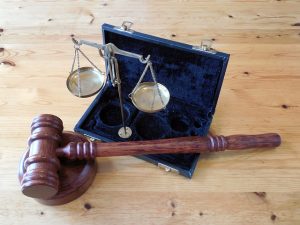 The granting of pre settlement funding depends on the cause of the legal complaint filed by an individual against another person or entity as a way to seek payment for an injury or damage caused by an accident, neglect or malpractice.
The granting of pre settlement funding depends on the cause of the legal complaint filed by an individual against another person or entity as a way to seek payment for an injury or damage caused by an accident, neglect or malpractice. The TICKET Act forces ticket sellers and brokers to indicate the ticket base price and all the additional charges that increase the cost of a ticket. Such information must also be shown in events advertisements and in every piece of marketing material used in promoting the event.
The TICKET Act forces ticket sellers and brokers to indicate the ticket base price and all the additional charges that increase the cost of a ticket. Such information must also be shown in events advertisements and in every piece of marketing material used in promoting the event. The debacle incited outrage, as Taylor Swift herself spoke harshly against Ticketmaster’s move to oust fans belonging to the general public sector. Although Ticketmaster later apologized, groups of outraged fans reached out to lawmakers in Congress to put an end to the unethical ticket selling practice of allowing speculative prices that have become a norm among sellers; allegedly ever since Beyonce and Taylor Swift concert tickets became highly in demand.
The debacle incited outrage, as Taylor Swift herself spoke harshly against Ticketmaster’s move to oust fans belonging to the general public sector. Although Ticketmaster later apologized, groups of outraged fans reached out to lawmakers in Congress to put an end to the unethical ticket selling practice of allowing speculative prices that have become a norm among sellers; allegedly ever since Beyonce and Taylor Swift concert tickets became highly in demand.


